The possibility of needing long-term care is a major factor in your retirement. It’s difficult to think about a time when you may need extra assistance with daily tasks, but it’s very common and very costly, especially given that it’s not covered under Medicare! Not every retiree will require it, yet it’s a potential need that could arise in the future. As per data from the United States Department of Health and Human Services, more than 70% of elderly individuals may need long-term care at some stage in their life.[1] Therefore, incorporating such possibilities into your post-retirement plan might be something to consider and monitor closely.
Individuals lacking the resources or a structured plan for their long-term care needs may find themselves dependent on relatives for help.[1] This is not always a bad thing, and it can be fulfilling and bring people closer together. However, it might not align with your vision of retirement, and it could impose a financial strain on your loved ones, as looking after you might limit their work capabilities and opportunities.[1] They also might need to cover some of your medical costs.[1] While everyone’s situation is different, long-term care needs can occur for some individuals; it’s important to remember this possibility even if it doesn’t look likely for you now.
Strategies to Consider When Preparing for Long-Term Care?
A viable strategy is to incorporate the likelihood of needing long-term care into your retirement financial planning. As you formulate your post-work life plan, considering the prospect of future long-term care may leave you better equipped should that need arise later. Make sure you save for it, and any health insurance decisions should be made knowing how long-term care insurance may or may not play into it.
One alternative you might want to contemplate is making contributions to a Health Savings Account (or HSA). The advantage of an HSA is that it enables the accumulation of non-taxable funds, provided they are spent on health-related costs.[2] An HSA comes with its own set of regulations and requirements and, depending on your unique circumstances, may not be accessible. However, if feasible for you, it’s certainly worth exploring the prospect of setting up one of these accounts.
There’s a multitude of potential choices and factors when it comes to devising your retirement strategy. Retirement planning is not a uniform process – it varies from person to person. Should you desire a custom-made retirement blueprint tailored exclusively to your needs, consider contacting one of our financial professionals for a no-cost financial assessment.










